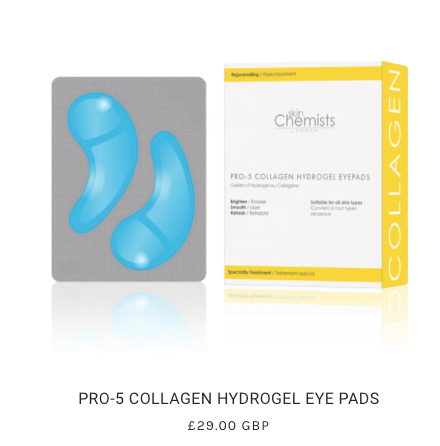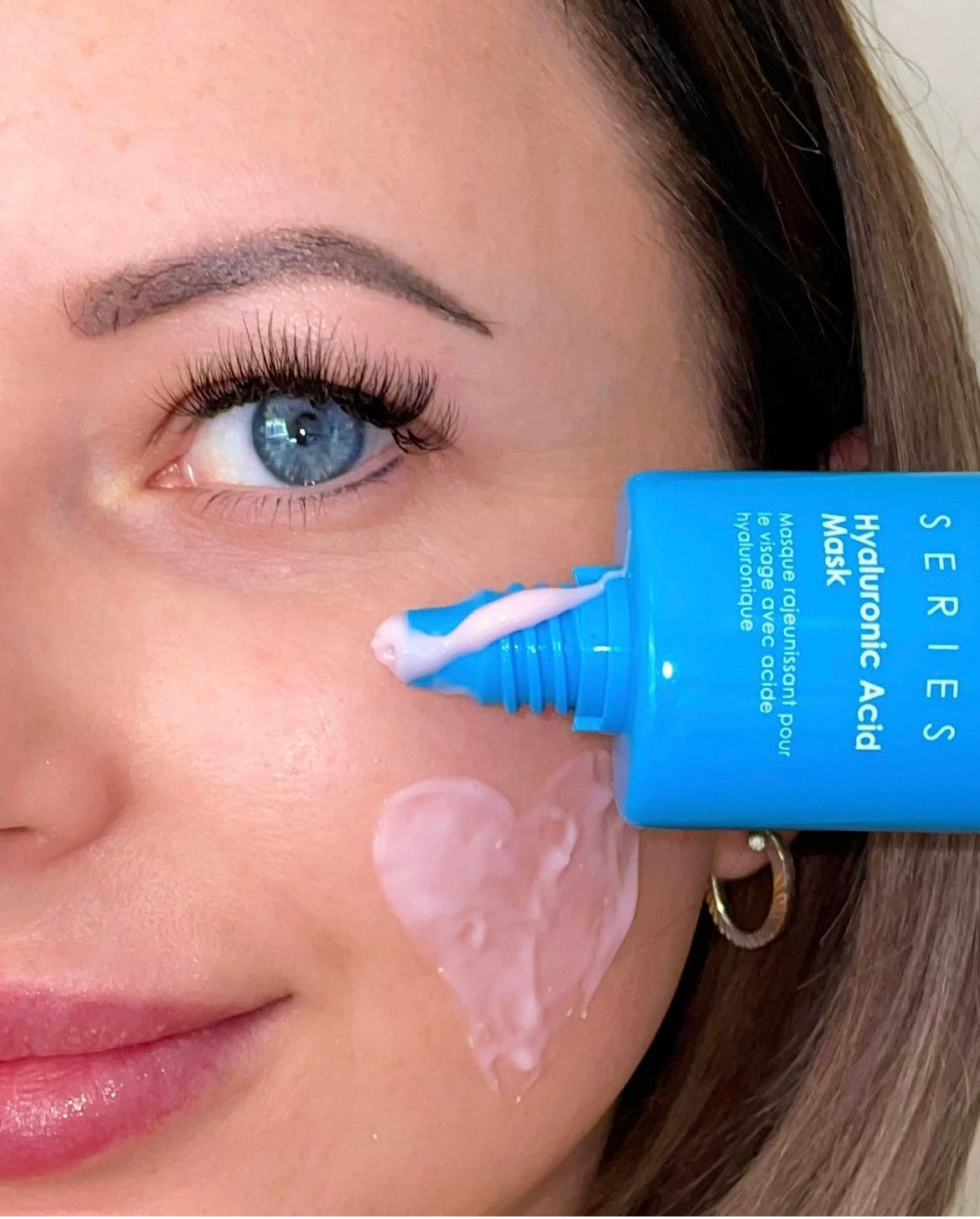
Our bodies work to naturally produce collagen by combining amino acids from protein-rich foods and essential vitamins and minerals, such as vitamin C, Copper and Zinc. However, our body’s collagen production and structural integrity naturally declines as we age, so incorporating more collagen into your diet helps your bone and your health, and the benefits also include radiant skin which is really really is a no-brainer.
In this post, we take a deep-dive into all-things collagen, and I will be explaining how to incorporate more of this amazing protein into you diet.
What is collagen?
Collagen is one of the most prominent proteins in the body and works to form a scaffold-like structure, designed to support the body and provide both strength and elasticity to your skin. There are around 16 different variations of collagen found in the body, but the four main types are as follows:
-
Type 1: This type of collagen accounts for around 90% of your body’s naturally-occurring collagen. Type I works to provide structure to skin, bones, connective tissues and teeth.
-
Type 2: Type II is made up of more loosely packed fibres, which is why this type of collagen is found in elastic cartilage and works to cushion joints and provide skin elasticity.
-
Type 3: This type of collagen helps to support the structure and function of both muscles, organs and arteries.
-
Type 4: Type IV helps with filtration and is commonly found within layers of skin, as it helps to draw out impurities.
Making up a third of all protein in the body, this collection of naturally-occurring collagens are commonly known as ‘endogenous collagen’.
Endogenous collagen is responsible for a number of important functions in the body, but our levels naturally start to breakdown and deplete as we age, which is why many of us look to boost these levels of collagen with ‘exogenous’ collagen.Furthermore the body makes its own collagen proteins mainly from three amino acids: proline, glycine, hydroxyproline.
Incorporating collagen supplements which are full of amino acids essential for collagen production into your daily routine works to support tissue regeneration, revive dry, ageing skin and many other diverse functions.
Three main types of collagen supplements
Marine collagen:
Marine collagen is a type I collagen - which is made up of collagen peptides that are derived from fish and marine life. This type of collagen has a long list of benefits and is namely the most environmentally-conscious, sustainable collagen supplement as it is typically made using parts of the fish that are thrown away. Marine collagen also has the most efficient level of absorption, due to the smaller molecular weight and it is widely considered to be superior to the bovine variety.
One of our favourite marine collagens is
Vital Proteins Marine Collagen. Made using the scales of fresh, non-GMO, wild-caught fish, this bioavailable collagen supplement helps to promote youthful skin, healthier hair and joint and bone health. Soluble in both hot or cold liquids, Vital Proteins Marine Collagen is virtually tasteless, meaning you’re able to add it to your morning coffee, smoothie, or even lunchtime stews and soups without altering the taste.
Bovine collagen:
Bovine collagen is a blend of both type I and type III collagen (unless from cartilage making it Type II) and is a naturally-occurring protein that is mostly found in the muscles, bones and hides of cows.
Good quality collagen supplements should be transparent about the sources from which the main ingredients.
Vegan collagen:
Collagen has no vegan or vegetarian alternative.However, there are a number of plant-based, vegan-friendly alternatives containing nutrients that aid the body’s natural production of collagen, either acting as cofactors for colagent synthesis (like vitamin C) or by providing protein to help repair and build collagen in the body.









